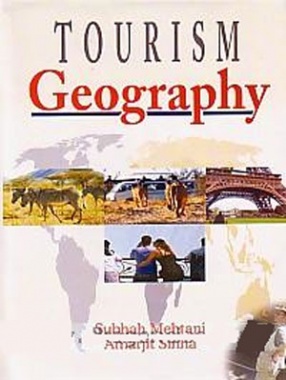
Showing all 11 books


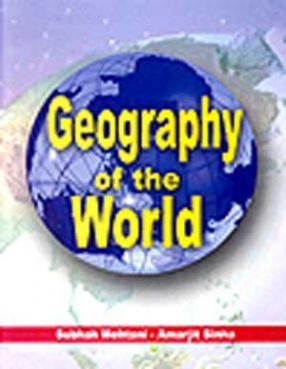
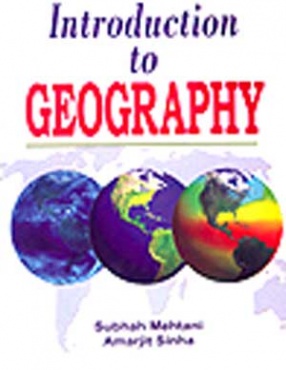
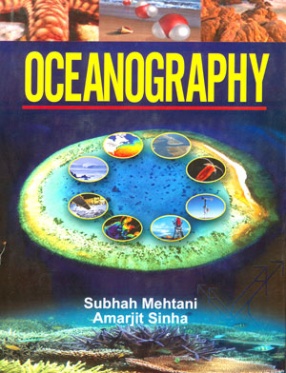
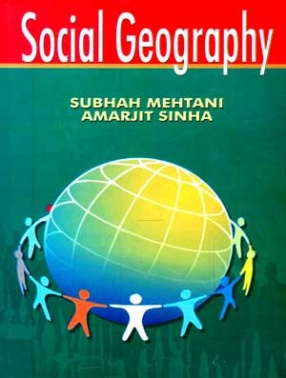
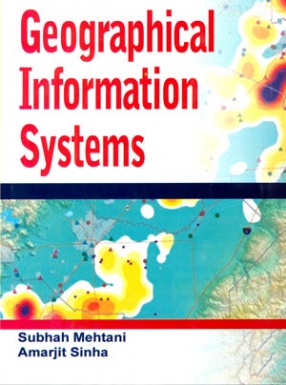
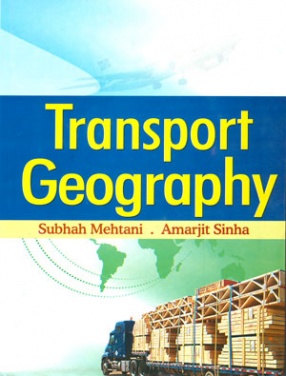
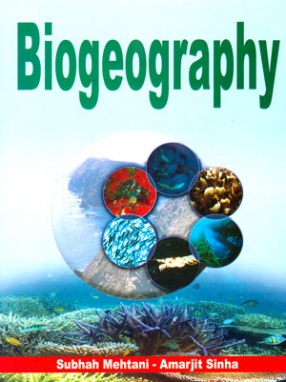



This book in the series on geography brings under its consideration remote sensing in geographical remote sensing in geographical applications. Elucidating on the history and development of the remote sensing, the book is an effort to acquaint readers with what entails remote sensing and its relevance in geography. Further the book moves on to give an account of the principles, instrumentation and practices in remote sensing, the myriad applications and the ...



This book, written as an introductory manual, serves to make an understanding of the discipline of oceanography in all its multi-faceted hue-reflecting disciplines that geographers blend to further the knowledge of the world ocean and understanding of the processes within it: Biology, Chemistry, Geology, Meteorology and Physics.The book details what entails the field, the concerns associated with it, the processes, principles and techniques employed by it, and ...

This book, written as an introductory manual, provides students of geography with a comprehensive text which covers nearly all aspects of the field. Social geography brings within its purview such aspects as cultural, historical, economic, political, urban and population geography, all of which provide different dimensions of understanding society within geographical limits.The book explores what entails the field, how the field originated and developed, and the ...

A geographical information system (GIS) is a computer system that is capable of integrating, storing, editing, analyzing, sharing and displaying geographically referenced information. It can also be described as a tool that allows users to create geographically interactive queries, presents the results of all these operation.This book in the series on geography has been designed to serve as an introductory manual on the field of GIS. Training the origins and ...

This book into series of books on geography delves into the relatively new sub-branch of urban geography, transport geography. Analysing the original and development of the field, the book delineates the concerns of transport geography, relating especially to the concept of ribbon development, economic, political, social and cultural dynamics, as well as spatial arrangement of transport facilities within landscapes.The book also makes a comprehensive evaluation ...

This book, written as an introductory manual on biography caters perfectly to needs of students of geography or the biological sciences. Serving as an essential key for understanding biodiversity, biogeography is one the most relevant, as well as increasingly studied scientific disciplines today.The book, training the history, origin and developments of the field, delineates the processes, principles and practices in the applications of this science, especially ...

This book in the series on geography brings under its purview the field of climatology. Starting the book with an introduction to the history development of climatology, the author moves on to elaborate upon the areas of concern of the filed, its differences from meteorology, the major branches of the field, the instruments and techniques, approaches weather forecasting, frequency and trends of weather systems and climate indices and models.All these serve to ...
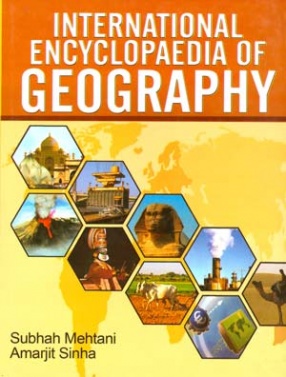
Geography is the science of place and space. Geographers ask where things are located on the surface of the earth, why they are located where they are, how places differ from one another, another interact with the environment. The foundation of modern geography as an academic subject stems from the writings of Friedrich Humboldt and Johann Ritter, in the late 18th and early 19th centuries, who for the first time defined geography as a major branch of ...
